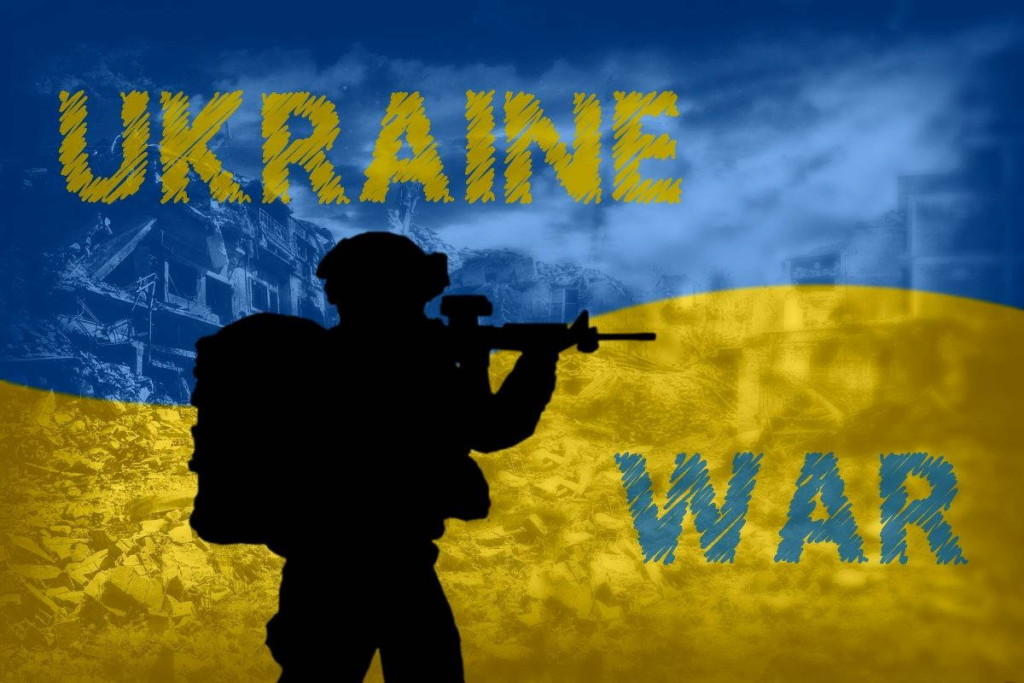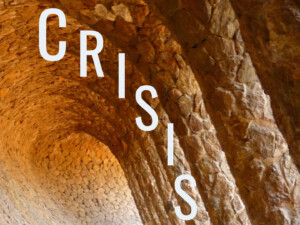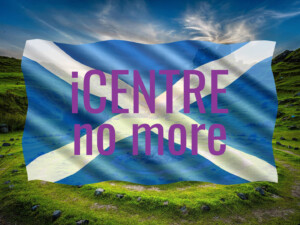War in Ukraine and the real ‘ethical tourism’

The travel & tourism industry can do plenty to support the people of Ukraine in their fight for freedom, such as leverage its communications and payments channels.
That would represent a truly ‘ethical tourism’, according to Jim Butcher.
It’s a “Good Tourism” Insight. [You too can write a “GT” Insight.]
I’ve never been a fan of ‘ethical tourism’.
Tourism niches carrying virtuous sounding prefixes — ‘green’, ‘community’, or most recently ‘regenerative’ — mostly promote a particular version of ethics advocated as a gold standard for all to follow.
That would be okay if they had anything much to offer the societies they claim to be helping. But ethical tourism, for the most part, is about the patronising and romantic notions of others’ cultures and signalling one’s unique virtues against the masses who merely seek to relax and have fun on their holidays.
For example, take ecotourism, which has been put forward as exemplary ethical tourism since the 1990s.
Its mantra of “supporting local communities” is commendable. But a more honest summary of ecotourism advocacy would be “supporting local communities to stay pretty much as they are”; to serve as custodians of nature for the rest of us to enjoy. The idea of villagers living at one with nature is enticing to tourists who have a romantic conception of ‘sustainable’ local communities (for ‘sustainable’ read ‘poor’).
Also see other “GT” Insights by Jim Butcher:
“Why tourism degrowth just won’t do after COVID-19”
“Tourism’s democratic deficit”
“Why it’s misanthropic to malign mass tourism”
The ‘win-win’ for economic development and environmental conservation advocated by USAID, Conservation International, and a host of sustainable tourism advocates in practice ties the fate of people to localised natural limits. It’s what geographers used to call ‘environmental determinism’.
If you buy a coral necklace from an impoverished hawker, the man’s family will eat well, but you are encouraging damage to a reef. If you refuse to buy the necklace, you are prioritising the reef ecosystem over the man’s livelihood. It’s a ‘win-lose’ choice.
I’m not about to join the chorus of cynics who accuse ecotourism of ‘greenwashing’. I’ve always thought it was fine as a business and wonderful as a personal leisure preference. But to pretend it is morally virtuous by comparison to your regular package holiday is a myth propagated by too many geographers and tourism experts.
Ecotourism has little merit as a development model.
Now take ‘volunteer tourism’ as another example.
There is nothing wrong with wanting to see the world while helping people. But ‘voluntourism’ is a contradiction. Done properly, volunteering is not tourism, and tourism is not volunteering. Each is devalued through association with the other.
It’s better to work hard as a volunteer, and then spend a week in Torremolinos to recover. That’s a ‘win-win’ for meaningful volunteering and a great holiday.
So what of Ukraine?
In saying all that, I’ve changed my mind (just a little) on the ethical sounding prefixation on tourism (see what I did there?).
I’ve found something in tourism that deserves the name ‘ethical’. And whilst it does not actually involve going anywhere, it does have something to do with the industry.
As a way of getting some funds into Ukraine, people have been booking Air BnBs in Kyiv, Odessa, and throughout the country with no intention of staying.
This gets money into people’s pockets, and opens up small channels of communication through which a little news can get out and a little solidarity can be expressed.
CNN talked to Volodymyr Bondarenko, who spends most of his day in his apartment in Kyiv: “More than 10 bookings came in today. This was surprising, it’s very supportive at the moment. I told many of my relatives and friends that I plan to use this money to help our people who need it at this time.”
New Yorker Anne Margaret Daniel booked a two-night stay at an apartment in Kyiv.
She messaged: “I hope that you, and your lovely apartment, are safe and that this horrible war is over … and Ukraine is safe. I will come and see you one day, please count on it, and will stay with you when we visit. God bless you and God be with you, your city, your country.”
Olga Zviryanskaya, the host, replied: “We will be glad to see you in the peaceful city of Kyiv and hug.”
Don’t miss other “GT” posts tagged with “Ethical tourism”
They may be small, private acts, but they are part of a larger whole.
Many people are shocked by the Russian invasion, and instinctively want to help Ukrainian people defend their country. A few brave souls have joined a modern International Brigade, literally putting their lives on the line for the freedom of others, a freedom we instinctively know is ours.
People in the travel & tourism industry have been getting involved too.
Carla, a Hays Travel homeworker, told Travel Gossip: “We are driving one of our own vans, which is being loaded with many essential items, including nappies and wipes, personal care items for women and girls, first aid kits, toys, teddy bears and new books for children, non-perishable food, blankets, sleeping bags and clothes.”
The inspirational actions of Carla and her convoy provide a little support to people defending the sovereignty of their nation against aggression. It’s not conditional nor linked to the giver’s preferred ‘sustainable’ outcome. They represent simple, powerful human solidarity.
When the conflict is over — hopefully with Putin deposed and Ukrainian sovereignty maintained — the spirit of the AirBnB bookers and Carla’s convoy will be needed to rebuild. Some of those who made a booking and corresponded with their peers under siege in Ukraine will no doubt book again, and visit.
A few bonds will be forged based on a shared desire for freedom.
But let’s not kid ourselves that humanitarian actions will solve the political crisis.
They won’t.
Don’t miss other “GT” posts tagged with “Peace through tourism”
Peace through tourism is an attractive idea, but in eliding the political basis for a peaceful world with something as banal (yet enjoyable) as a holiday runs the risk of devaluing the ideological struggle against militarism and war.
If we really want to make a difference, even in a small way, the rigorous defence of freedom beats so-called ‘ethical consumption’ hands down.
Unlike some ethical choices, defending freedoms isn’t a zero sum game.
We instinctively know that the freedom of others is part of something indivisible and universal. Their freedom is ours too, be it the material freedom of having enough to eat, the personal freedom to travel and see the world, the political freedom to speak without fear, or the sovereignty of our nation.
So let’s affirm the ethical value of simple, private humanitarian gestures.
Let’s celebrate the freedoms we enjoy that are denied to so many.
And let’s work — in small ways and large, privately and publicly — to defend and extend those freedoms.
Solidarity with Ukraine!
Featured image (top of post): Image (CC0) via Magpixel.
About the author

Jim Butcher is a lecturer and writer who has written a number of books on the sociology and politics of tourism. He is now working on a book about mass tourism. Dr Butcher blogs at Politics of Tourism and tweets at @jimbutcher2.





